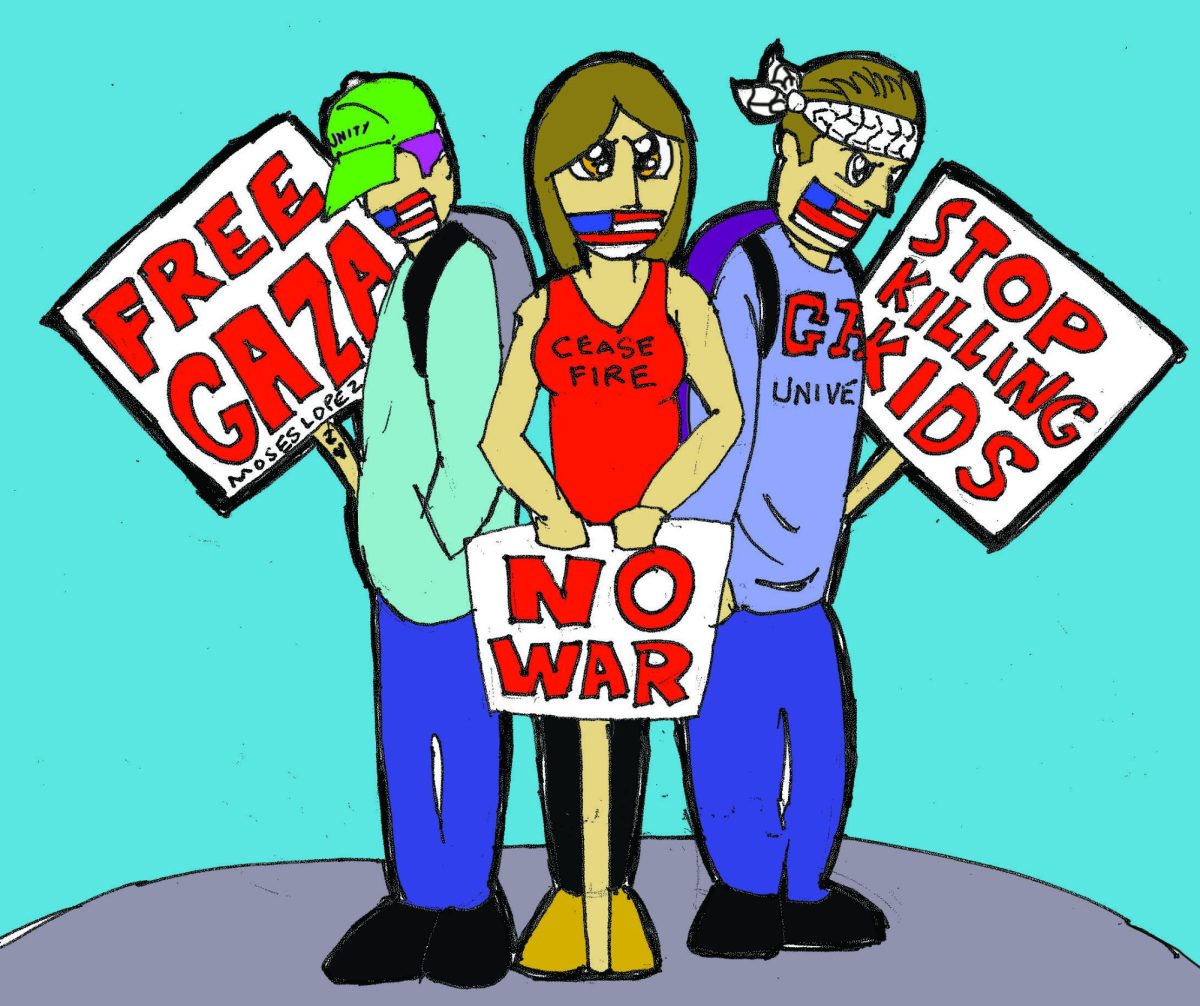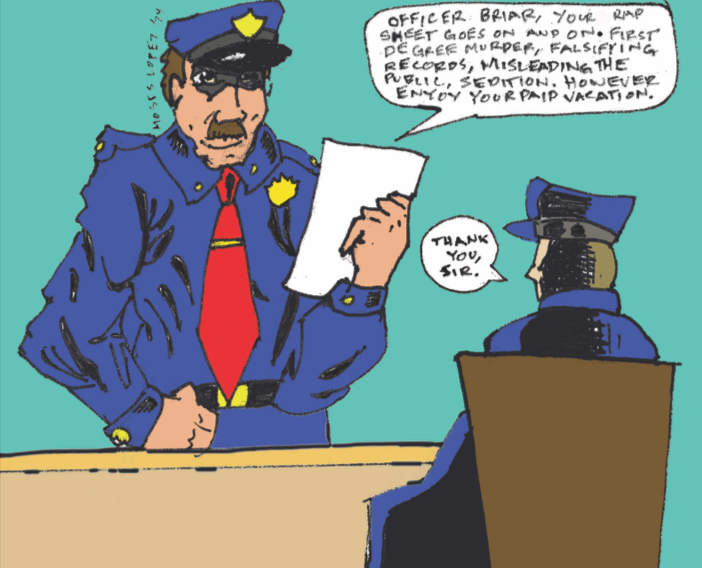While the holidays are meant for spending time with family, checking up on someone’s mental health really is most important.
Many people may be spending Christmas alone for the first time and suffering from seasonal depression.
According to Mayoclinic, symptoms of seasonal depression can consist of:
1. Feeling sad
2. Losing interest
3. Feeling sluggish
4. Having trouble sleeping
5. Feeling hopeless
6. Appetite changes
7. Difficulty concentrating
8. Having thoughts of suicide or death
People can suffer from mild symptoms of seasonal depression and family who do not care enough about it or their loved ones could affect their relationships and their personal life.
Seasonal depression is not exclusive to the winter season, as the disorder can appear during the summertime and fall, though it’s not considered as common.
According to Web MD, seasonal depression may affect up to 11 million people in the US each year, with 25 million more dealing with what is considered the winter blues.
Family members may not know that loved ones may be dealing with mental health issues and checking up on someone is worth more than a present because one can tell that someone does care about them.
In fact, most people are inclined to hide their mental ailments or troubles in order to not sour the holidays.
It is a common misconception that suicide rates increase due to the holidays.
The reality is that those January blues are just a result of the season’s changing.
According to the CDC, studies have shown that holidays are not what cause depression rates to increase, as a matter of fact, suicide rates are at their lowest in December.
“In April, May, and June, the suicide rate goes up and is the highest,” Kaplin says.
Checking up on loved ones during the holidays means more than presents.
People who are dealing with seasonal affective disorder need people to remind them that they do matter and that they are not alone.
This can possibly save someone’s life by simply just asking them how they are and what they’ve been up to or how their year has been so far.
Another thing that can be done regarding someone with seasonal affective disorder is to maybe see a mental health expert about the symptoms they have.
The unfortunate reality of seasonal affective disorder is that the symptoms someone can receive could likely result in full depression.
With that in mind, it’s important that if needed, they speak to a mental health expert to know how to move forward.
With the holiday season fast approaching, it’s important to keep the ones closest to us in mind, especially at an unprecedented time in life.



















